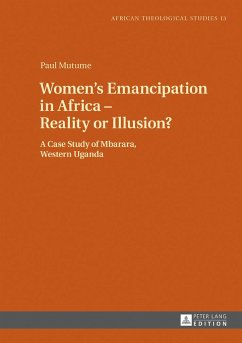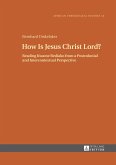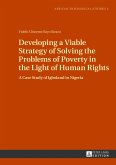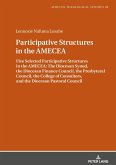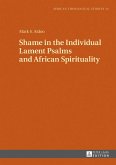Women's emancipation in Uganda is one of the most successful ventures an African country has ever undertaken. The reality of its success, however, remains a challenge in a society with a long-held structure of patriarchy and institutional, cultural beliefs.
After a critical analysis, the study challenges policy makers to ensure an environment free from all forms of violence and oppression against women - be it physical, economic, social, religious or psychological - and to empower them through education, ensure their financial independence and enhance their psychophysical stability. The study gives credit to women of all ages and indeed all walks of life who have effectively turned their sufferings into joy. It critically analyses the institutional mechanisms and concludes suggesting concrete measures and strategies towards gender mainstreaming.
After a critical analysis, the study challenges policy makers to ensure an environment free from all forms of violence and oppression against women - be it physical, economic, social, religious or psychological - and to empower them through education, ensure their financial independence and enhance their psychophysical stability. The study gives credit to women of all ages and indeed all walks of life who have effectively turned their sufferings into joy. It critically analyses the institutional mechanisms and concludes suggesting concrete measures and strategies towards gender mainstreaming.

